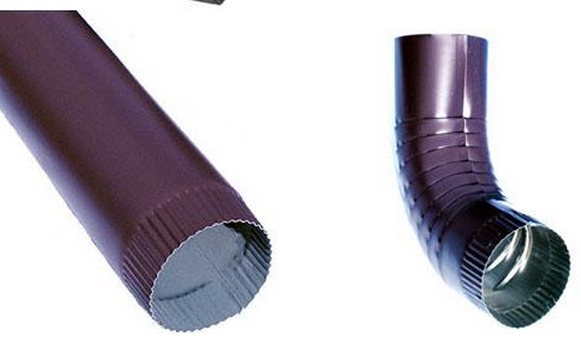
The Evolution and Benefits of Carbon Steel Tube Mills
Carbon steel tube mills are essential manufacturing facilities that have significantly evolved over the years. These mills specialize in producing various types of steel tubes used in construction, automotive, and manufacturing industries. The development of advanced technologies in carbon steel tube mills has not only enhanced production efficiency but also improved product quality to meet the demanding needs of modern applications.
At the core of a carbon steel tube mill’s functionality is the process of welding steel strips into tubes. The process begins with the selection of high-quality carbon steel coils, which are then fed into the mill for shaping and forming. Using rollers and dies, the steel is gradually transformed into a tubular shape. The edges of the steel strip are then welded together using either high-frequency induction welding or electric resistance welding, depending on the specific requirements of the end product.
One of the primary advantages of carbon steel tubes is their strength and durability. Carbon steel, which contains a specific percentage of carbon, undergoes various treatments during the manufacturing process to enhance its mechanical properties. The tubes produced are able to withstand significant amounts of stress and pressure, making them ideal for high-load applications. Additionally, carbon steel tubes are often treated to resist corrosion, further extending their lifespan and reducing maintenance costs.

Another significant benefit of carbon steel tube mills is their ability to produce a wide range of tube sizes and shapes. From round to square and rectangular tubes, these mills can cater to diverse industrial demands. The customization capabilities of modern carbon steel tube mills allow manufacturers to produce tailor-made solutions without incurring heavy costs or lengthy lead times. This flexibility is particularly important for industries such as construction and automotive, where specific dimensions are often required.
In recent years, the industry has witnessed a growing emphasis on sustainability and energy efficiency. Modern carbon steel tube mills are increasingly investing in environmentally friendly practices. This includes the use of energy-efficient machinery, recycling waste materials, and employing processes that reduce emissions. By adopting these sustainable practices, the industry not only decreases its carbon footprint but also aligns with global initiatives aimed at reducing environmental impact.
The advancements in automation and digital technology have also transformed the operations of carbon steel tube mills. Today, many mills utilize advanced robotics and AI-driven systems for monitoring production processes. This integration of technology leads to higher accuracy in welding and cutting, minimizes waste, and optimizes overall production efficiency. Such innovations allow manufacturers to maintain competitive pricing while consistently delivering high-quality products.
In conclusion, carbon steel tube mills play a pivotal role in modern manufacturing, delivering essential products that are relied upon across various industries. The evolution of these mills, characterized by advancements in technology, sustainability, and customization, has reinforced their significance in meeting the ever-growing demands of global markets. As industries continue to innovate and evolve, the carbon steel tube mill will undoubtedly remain at the forefront, ensuring a robust supply of materials that form the backbone of countless applications. Whether in construction, automotive, or other sectors, the impact of carbon steel tubes is profound, making them indispensable in the modern industrial landscape.